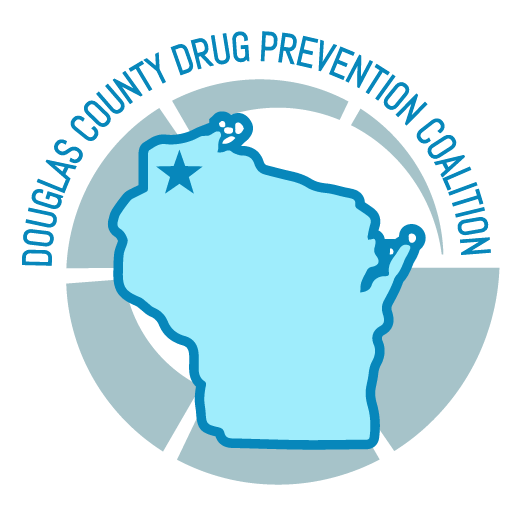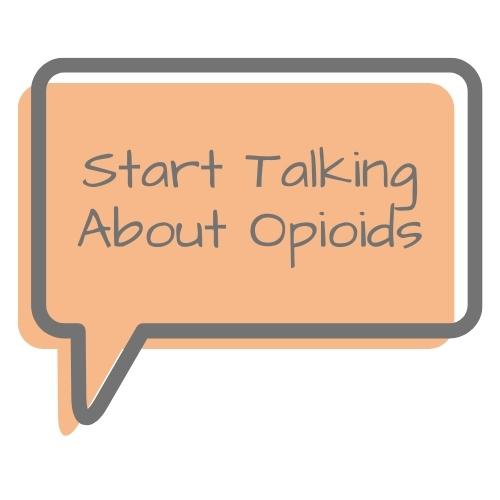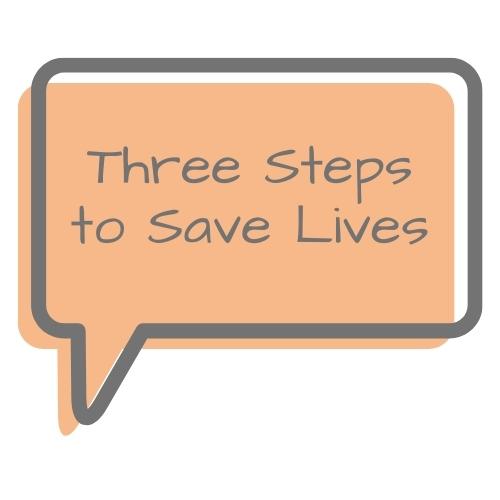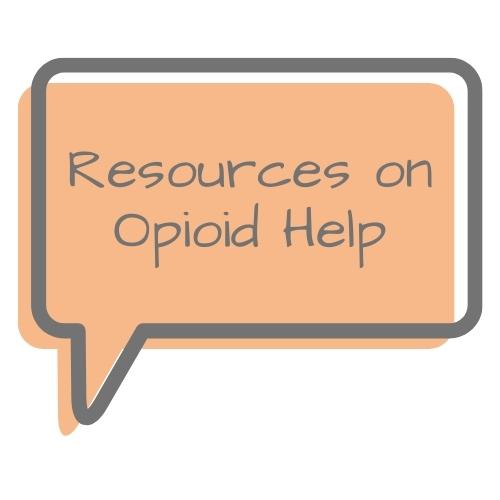Dose of Reality-Resources
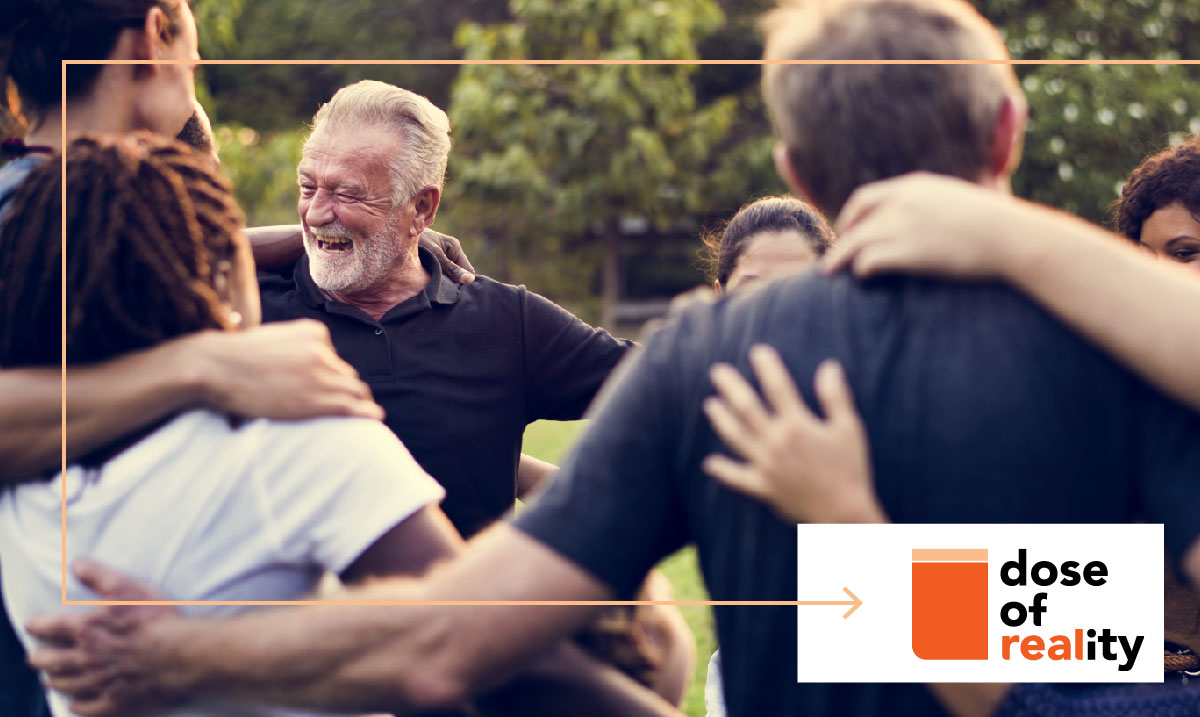
Dose of Reality: Opioids Treatment and Recovery
Opioid use disorder can be a struggle when you feel you are alone. However, there are treatment programs and recovery supports available that can make health and wellness possible for you. We are lowering barriers to these services, creating inclusive spaces, and broadening our understanding of what health and wellness means for people with different experiences. Learn more about these treatment programs and recovery supports and connect with a provider to discuss which options may work for you.
Many options to help you live your best life
There are as many paths to health and wellness as there are people experiencing an opioid use disorder. Some people find success quitting opioids on their own with no supports from others. For most people, the path includes a combination of clinical supports and peer supports. Regardless of the path, it is important to know that the journey to sustained recovery is often full of ups and downs. Still, sustained recovery is within reach for everyone.
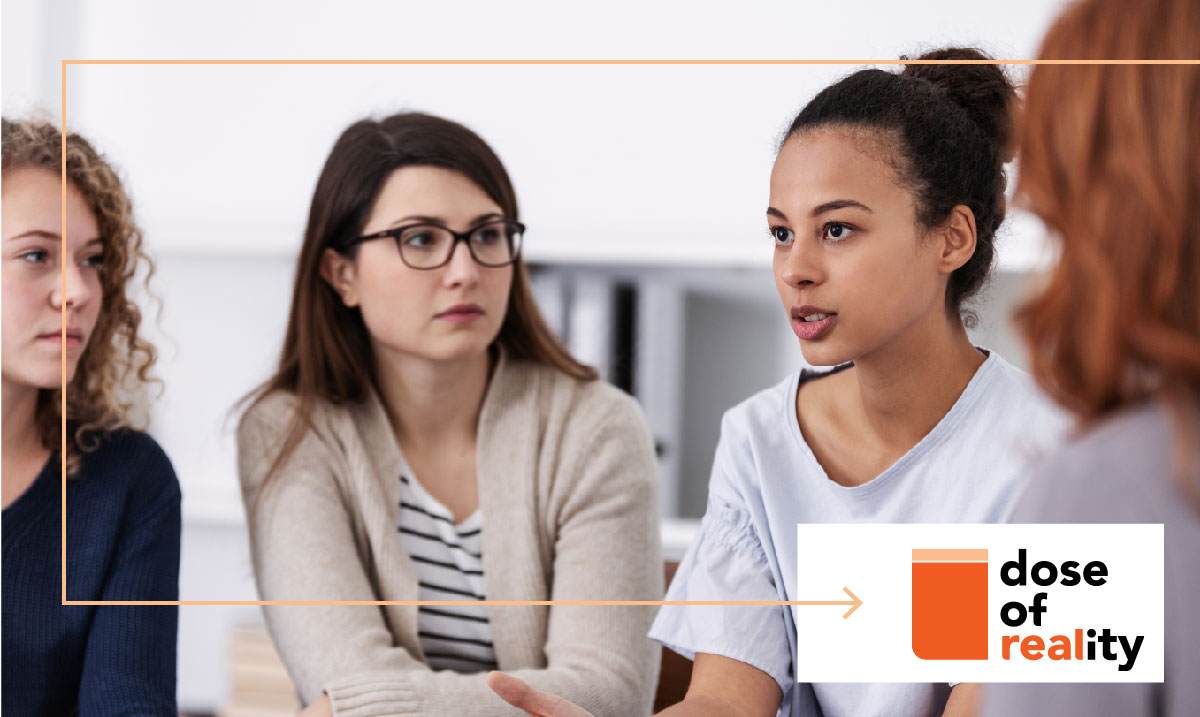
Clinical supports
Clinical supports are offered by licensed professionals.
- Outpatient counseling. This option helps people understand their opioid use disorder and their reasons for using opioids. This form of treatment can be done at a clinic or office or by telehealth.
- Inpatient or residential treatment. This option provides a supportive environment to help people recover without distractions or temptations.
Clinicians may prescribe medications to help with cravings and withdrawal symptoms.
Peer supports are offered by people in recovery from opioid use disorder.
- Recovery residences. This option provides opioid-free housing to people without a safe and secure place to live.
- Mutual support groups. This option provides a space for people to share stories, talk about challenges, and share personal achievements with people with similar life experiences.
- Peer recovery centers. This option provides a space for people to drop-in to talk with people with similar life experiences.
- Peer-run respites. This option provides a space for people to schedule a stay of up to seven days surrounded by other people in recovery to focus on their health and wellness.
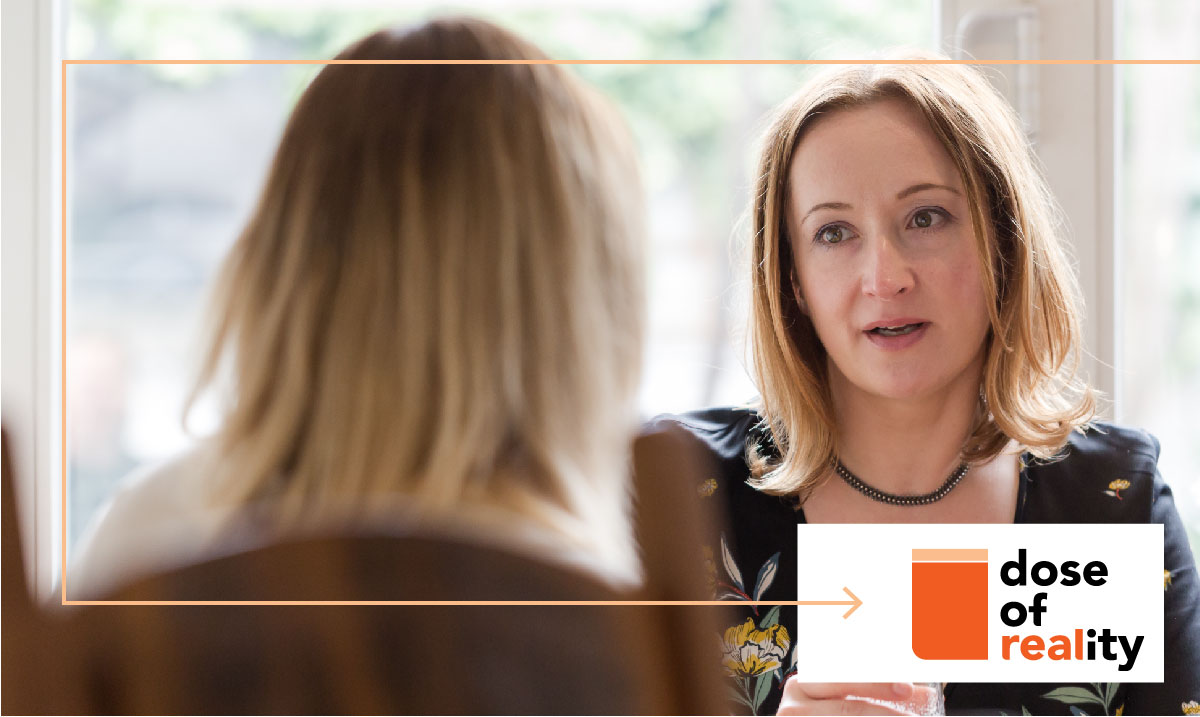
Medication-assisted recovery
Treatment that combines medicine with counseling or other therapy is called medication-assisted recovery. The medications work to reduce cravings and most help with withdrawal symptoms. The counseling or therapy helps people change their attitudes and behaviors related to opioid use, prevents a recurrence of opioid use, and keeps people in recovery longer.
The medications for opioid use disorder approved by the Food and Drug Administration include methadone, buprenorphine, and naltrexone.
- Methadone. Methadone is available as a daily liquid. Patients take it at a certified opioid treatment program until they are cleared for at-home doses.
- Buprenorphine (Suboxone®, Subutex®, Zubsolv®, Sublocade®): Buprenorphine is available as a dissolving tablet, cheek film, or six-month implant under the skin. Qualified health care professionals prescribe the at-home doses (tablet or film) or administer the implant in an office setting.
- Naltrexone (Vivitrol®): Naltrexone is available as a monthly injection. Any health care professional who can legally prescribe medication can provide it.
Take the first step
The first step in medication-assisted recovery is talking with your health care provider or one of the providers listed below to learn which approach is best for you. If you are unable to pay for medication-assisted recovery services, contact your county or tribal health and human services department.
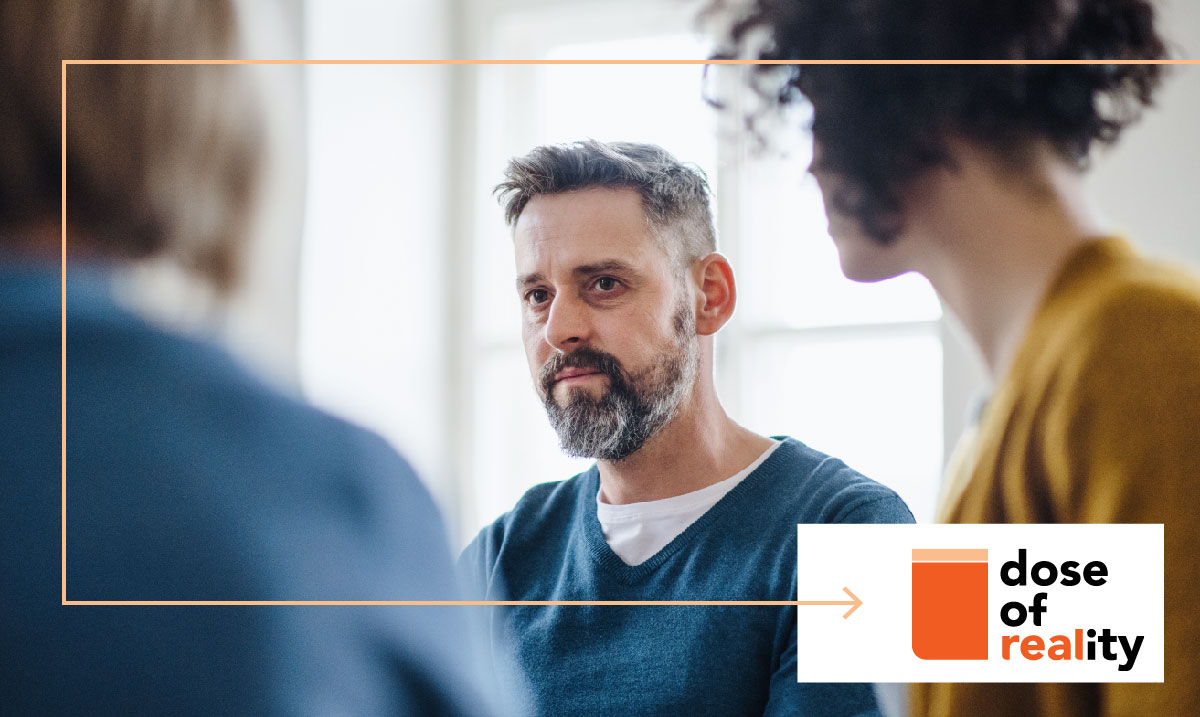
Know your rights
- The Americans with Disability Act can protect people with an opioid use disorder from discrimination. Learn more about these protections(link is external) (PDF).
- Wisconsin’s Client Rights Law ensures people receiving care and treatment for an opioid use disorder are treated with dignity and respect. Learn more about client rights in Wisconsin.
Recovery through work: Individual Placement and Support
One of our goals is to help people in recovery attain economic opportunity and mobility that not only improves their well-being but also benefits our state as a whole. Many counties are using the Individual Placement and Support model of supported employment to expand employment opportunities for people in recovery and foster the development of recovery-ready workplace policies and cultures.
Concerned about a kid’s well-being?
Call 211 or 1-833-944-4673
The Wisconsin Addiction Recovery Helpline can help you find local services and support. It’s free, confidential, and available 24 hours a day.
